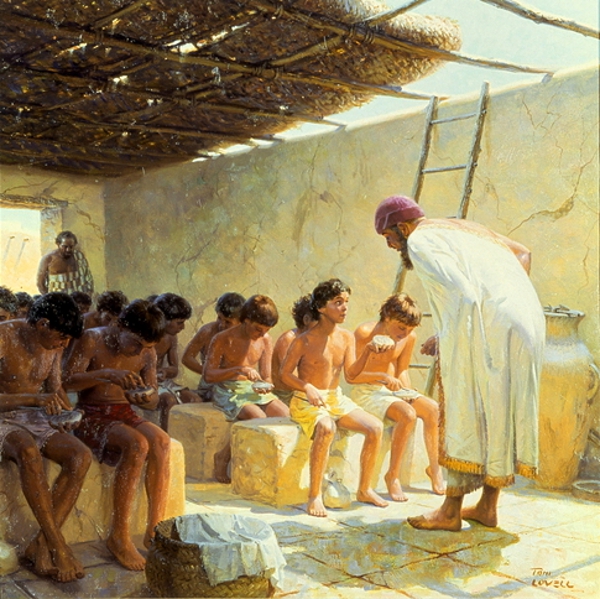
Originally Posted by
Letter 66
Tell the King of Egypt, my brother: Your brother the King of
Alasia (Cyprus), sends the following message:
I am well, my household, my wife, my sons, my officials, my
horses, my chariots—also everything in my land—are very well.
And so may my brother be well, also your household, your wives,
your sons, your officials, your horses, your chariots—and everything
in your land—be very well.
Dear brother, herewith I send to you, to Egypt, my messenger
together with your own messenger. My brother should not take
it to heart that I am sending herewith only five hundred pounds
of copper—I am sending this solely as a present for my brother—
because, my brother, it is so little. I swear that pestilence, the disease
of my lord Nergal, was in my land, and has killed all the
people of my land, so there was nobody to produce copper. So
my brother should not take it to heart (that it is so little copper).
Send back quickly your messenger together with my messenger,
then I will send you, my brother, all the copper which my brother
wants. Dear brother, you used to send me (ordinary) silver in
great quantity, but now give me fine silver, my brother—then I,
in turn, will send to my brother whatever my brother wants.
Now to another matter: Give me, my brother, the bull my
messenger will ask for, and dispatch to me, my brother, oil that
is perfumed, two kukkubu-jars of it, and, my brother, also send
me a diviner who is an expert in the behavior of eagles.
Now to another matter: People of my country are complaining
about my timber which the King of Egypt is taking away.
Would that my brother [pay(?)] its price(?).
Now to another matter of a similar nature: A man from Alasia
died in Egypt; his belongings are in your land but his son and wife
are here with me. My brother, collect(?) the belongings of these
people from Alalia, and give them to my messenger.
Do not take it to heart, my brother, that your messenger has
been staying in my country for three years; (it was) because the
"hand" of Nergal (i.e., pestilence) was in my country; even in my
family, there was a child of my wife's who died. My brother, now
dispatch your messenger and mine, unharmed and quickly, since
I have sent my brother a present.
Now to another matter: My brother, please send me the silver
for which I asked you, and there should be a lot of it, my brother.
My brother should also release the belongings for which I asked
you, and my brother should fulfill all my wishes; then I will
fulfill all the wishes which you, my brother, will express to me.
Do not align yourself with the King of the Hatti land and the
King of Sanhar. I, on my part, have returned twofold to you whatever
presents messengers have brought to me. Your messenger
has always come to me in safety(?), and my messenger to you
also in safety(?).
Originally Posted by Excerpt from letter 60
Originally Posted by Letter 67
Originally Posted by Letter 8
Originally Posted by Letter 16
Originally Posted by Letter 17
Originally Posted by Letter 23
Originally Posted by Letter 25
Originally Posted by Letter 33
Originally Posted by Letter 40
Originally Posted by Letter 43
Originally Posted by Letter 48
Originally Posted by Letter 53
Originally Posted by Letter 65
Originally Posted by Letter 80
Originally Posted by Letter 116
Originally Posted by Letter 120
Originally Posted by Letter 121
Originally Posted by Letter 123
Originally Posted by Letter 127
Originally Posted by Letter 139
Originally Posted by Letter 150
Originally Posted by Letter 66







 Reply With Quote
Reply With Quote






